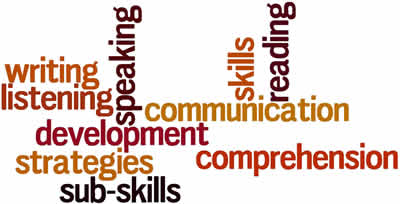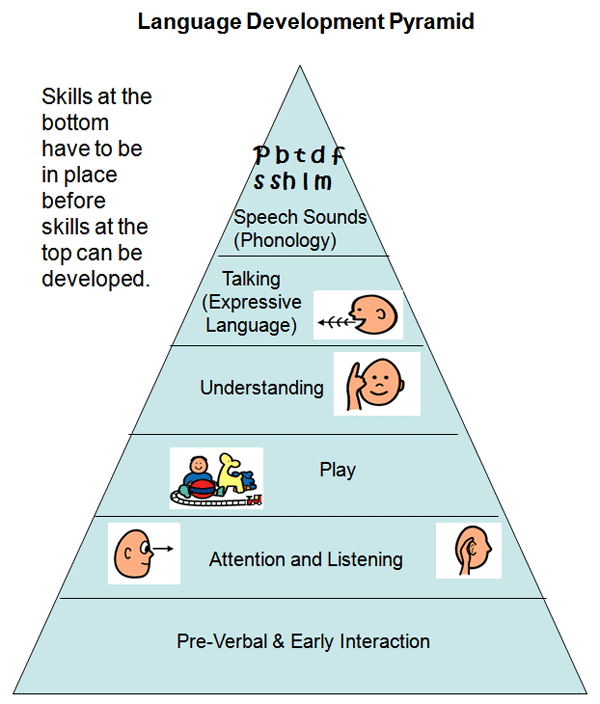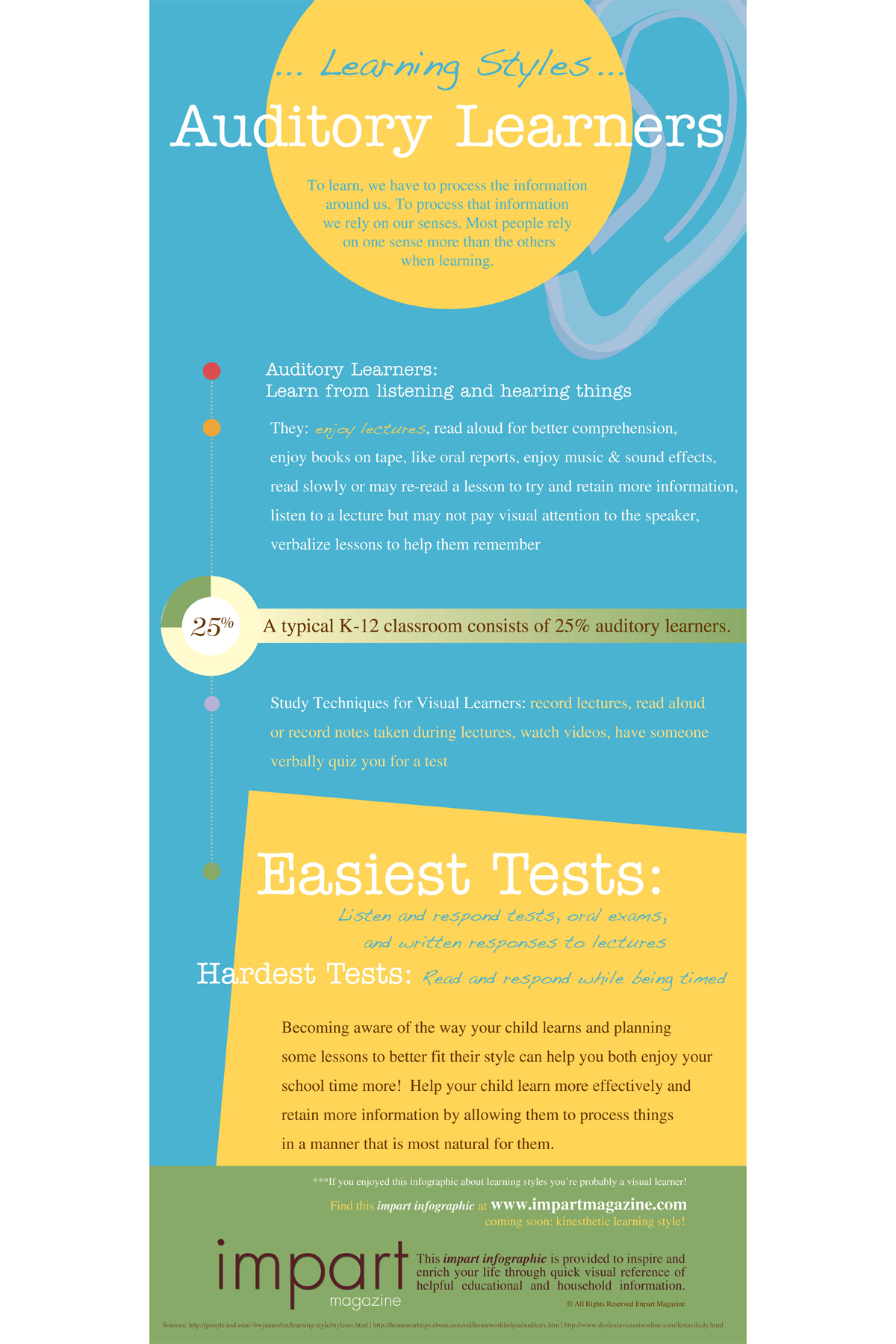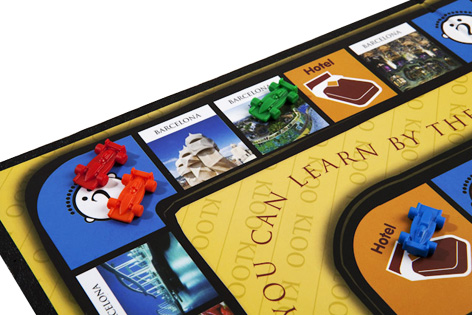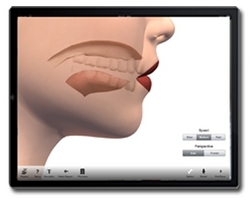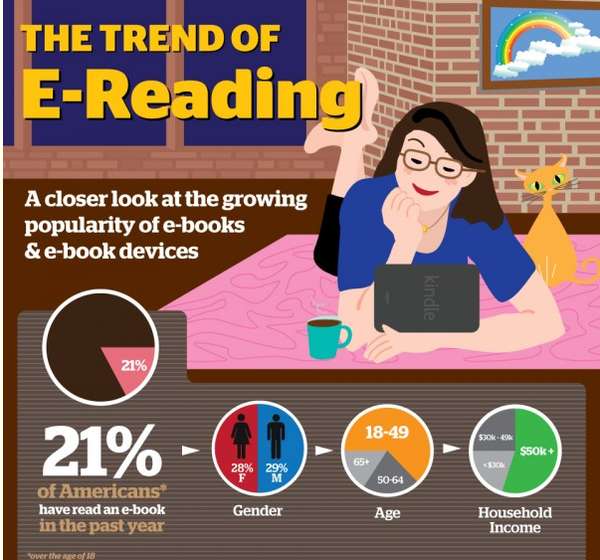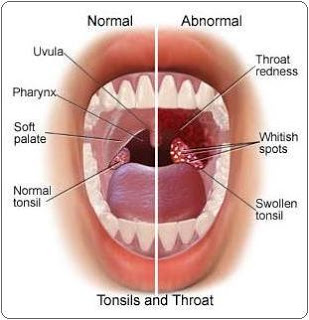The other day here at the Speech Buddies Blog we reviewed the communication milestones for preschoolers and kindergarteners. While it is true that the first five years of a child’s life are a time of tremendous brain growth and development, it doesn’t mean that the communication milestones for the early elementary years are any less important. In fact, these years mark times of increased independent learning and reliance on the communication skills developed by the time your child is ready for first grade. But what are the milestones in the early elementary years that kids should develop to prepare them for middle school and beyond?
It’s important to review what makes up “communication” as a general set of skills and tools. The three main parts are the voice, speech, and the language (including written, spoken, singing, and more). The combination of these areas, along with articulation, voice, and fluency, form your child’s set of communication milestones. Continue reading

